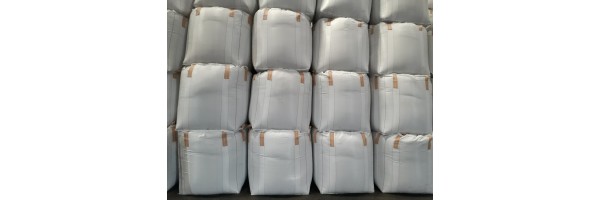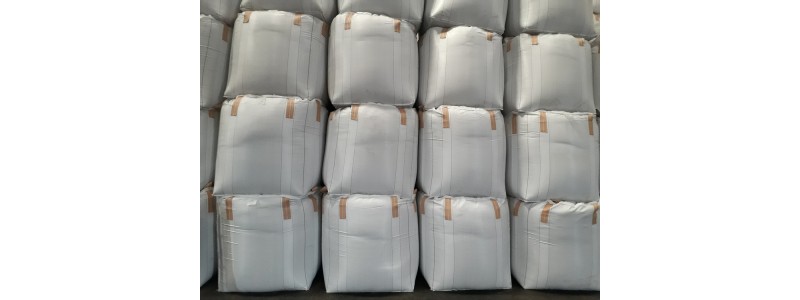
Industry statistics have revealed that the flexible intermediate bulk containers (FIBCs) market grew by 6% between 2014 and 2019.
These large, cubic, bendable bulk bags are primarily used to store dry, granular and semi-liquid products, both toxic, non-toxic and free-flowing products such as chemicals and petrochemicals pharmaceuticals, rubber and agriculture and food products.
Agriculture product manufacturers are using FIBCs more and more to handle grains, rice, potatoes and cereals.
Explaining Food Grade FIBC Bags
FIBC bags are designed to suit the safety requirements of the food industry and need to be manufactured adhering to strict norms of manufacturing plus quality assurance tests before being deemed fit to store and transport food-grade substances.
Food-grade FIBCs are manufactured using virgin polypropylene resins that help prevent spoilage of perishable goods.
Knowing What To Look for In Food Grade Bulk Bags
Food grade bulk containers need to be moisture-proof, odour-proof and be resistant to mould. They also need to be puncture-resistant, which is vital for the transport of food material.
Centurion Packaging have put together this checklist to let you know what to look for in bulk bags -
Material - Food-grade bulk containers are manufactured using 100% virgin polypropylene resin, free from recycled material that can contaminate food. The resin also makes the FIBCs more durable in terms of storage and transport.
Quality Assurance - Certification of quality by reputed third-party agencies ensures there has been zero contamination during manufacturing.
Storage Capacity - If bulk bags are overloaded, they can get damaged during transportation, resulting in spoilage, contamination, and wastage, so make sure you check the storage capacity before using them.
Contact Us With Any Questions
If you have any questions about food grade FIBC bags, please do not hesitate to get in touch with Centurion Packaging now. Our team of specialists will be more than happy to help.

 5% OFF YOUR FIRST ORDER OVER £50! JUST USE COUPON “MY1STORDER” AT THE CHECKOUT FREE NEXT DAY DELIVERY FOR MOST UK MAINLAND ORDERS, PLEASE SEE T&C'S
5% OFF YOUR FIRST ORDER OVER £50! JUST USE COUPON “MY1STORDER” AT THE CHECKOUT FREE NEXT DAY DELIVERY FOR MOST UK MAINLAND ORDERS, PLEASE SEE T&C'S
.jpg)